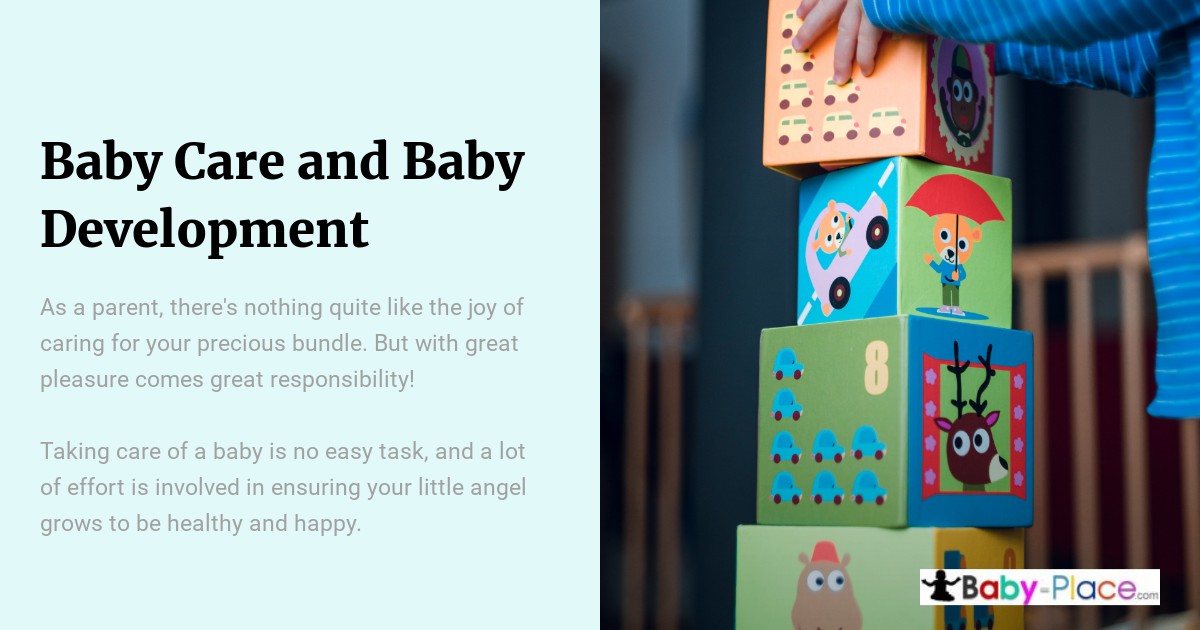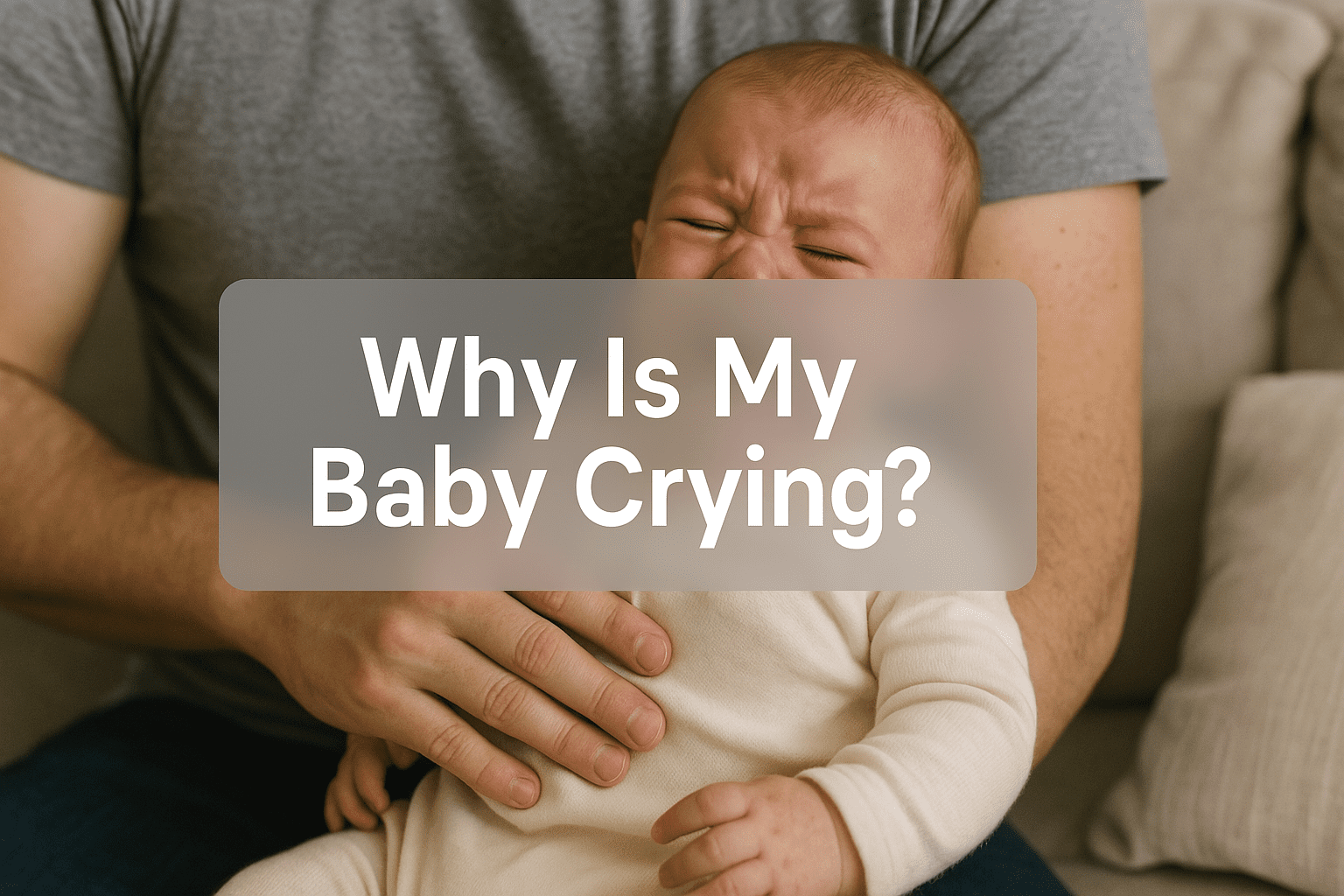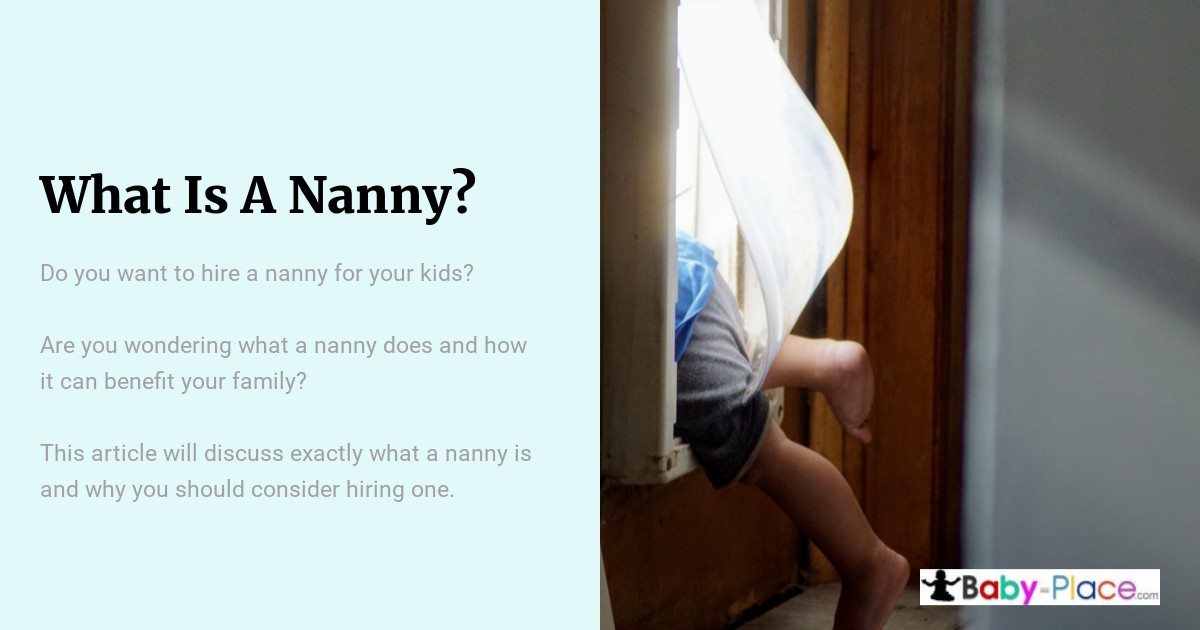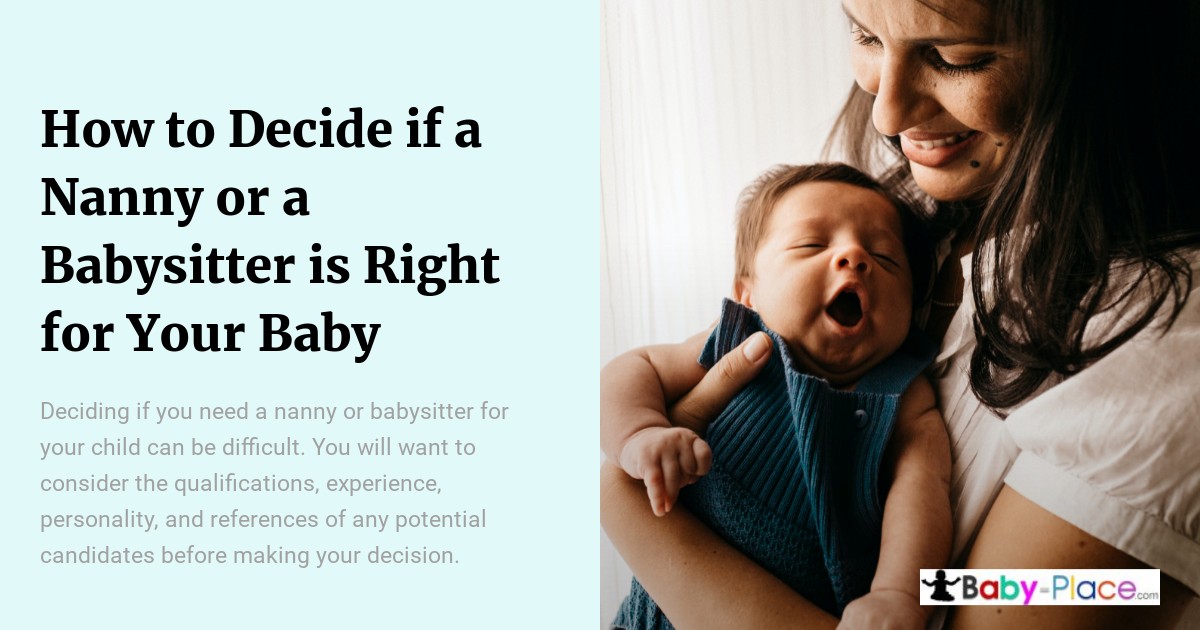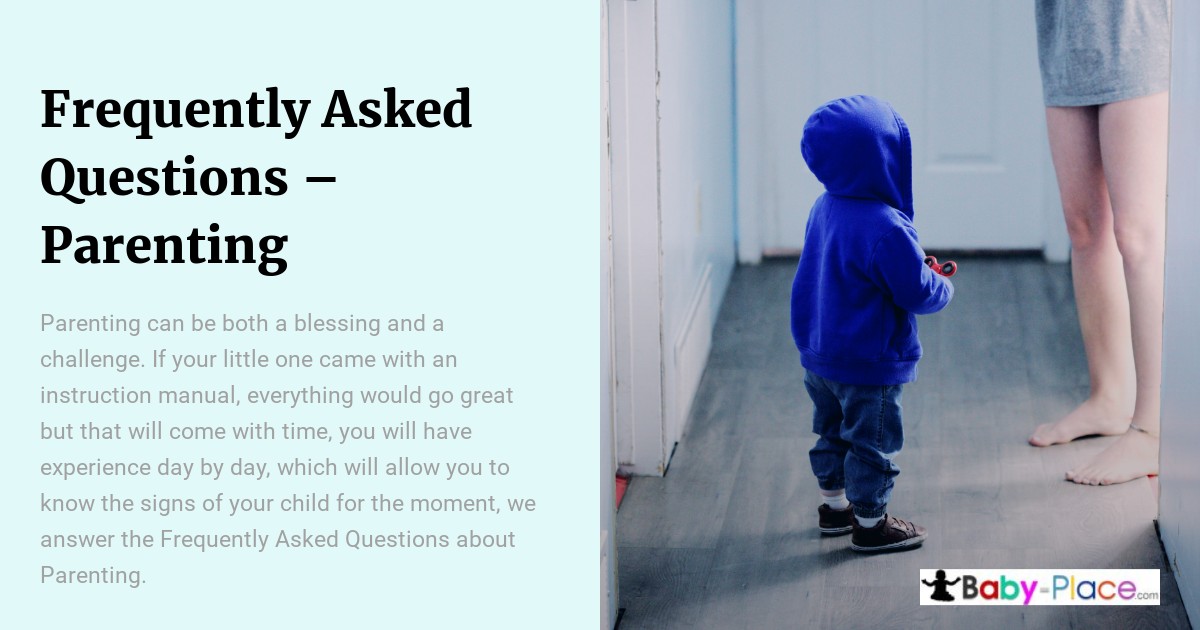
Parenting can be both a blessing and a challenge. If your little one came with an instruction manual, everything would go great (as long as the instructions were in English rather than Chinese). But the greatest thing you can depend on now is experience, which will increase with each day you spend with your baby.
As parenting is a 24-hour-a-day job, you get a fantastic chance to put those hours in.
Interestingly, after 416 days, you will have done the required 10,000 hours that it takes to master something according to Malcolm Gladwell.
The problem is once you leave the hospital and the nurses no longer take care of your baby, you are on your own.
The Bad News: You are fully responsible for everything connected to your baby.
The Good News: In the vast majority of cases, babies don’t shatter like a vase, so as long as you played with dolls when younger, the odds are in your favor.
So, here are the most important questions:
How often should I breastfeed my child?
If I had the choice, I would be eating constantly. I would arrange it that I had a food tray permanently attached to my body so that there was a constant flow.
Babies are very similar.
They need to be fed frequently because breast milk is digested better and faster than any food or drink that we eat. Babies want to be fed on demand for the first three months. It is not unusual for them to be fed every two or three hours, between 7 and 9 times a day.
Your nipples are about to be surprised. And not in a good way.
Sometimes you may find that they want to start the next feed before they have finished the previous one.
Is breast milk enough for my baby?
During the first 6 months, exclusive breast milk is considered the ideal food for the baby.
It is like vodka is to Snow White. They drink it and gradually fall to sleep.
Thereafter, it is necessary to provide other nutrients, although milk continues to be the main food for the entire first year of life. Most mothers can produce enough milk for their children. If you are worried whether your baby is eating enough, the best indicator that the baby is eating well is weight gain.
If you are genuinely worried then go and see a pediatrician. He will be delighted to mansplain to you the finer details of breastfeeding.
I just fed my baby. Why else might he cry?
It could be because he has a wet diaper, wants company or attention, or he may have colic or gas.
How do I know if he is urinating enough?
Until your milk comes in, don’t worry about the number of wet diapers, when you have milk, your baby will wet between six diapers a day, every two to three hours he will urinate and defecate three or more times.
When can they start drinking water?
During the first six months of life, exclusive breastfeeding is recommended; if this is not possible, mixed or artificial breastfeeding. As long as they are fed only with milk, they do not need other liquids, milk is also their source of hydration (they will probably ask for more shots when it is hot). When we start complementary feeding, around 6 months of age, we will start to offer them water as well.
When can I take him for a walk?
From the very first moment! There is no problem walking a healthy newborn. Just be careful not to expose him to the sun. If he was born in winter, keep him warm and in the hours with the best temperature.
How much should I wrap him/her?
Babies are just as cold and just as warm as we are, so we need to wrap or unwrap them as we go along. In the first weeks after birth, they do regulate their temperature less well and can lose heat more easily; you can put one more layer than what you wear. For those of you who carry, it is advisable to put one layer less when you do so.
What to do if the baby has a fever?
In this question, age is crucial. If the baby is less than three months old, you should go to the emergency room, because his defenses are still immature and the infection can quickly become generalized; very often they need complementary tests (urine tests, blood tests…). From the age of three months onwards, you should go to the emergency room if the baby is very irritable or listless, has spots on the skin, or finds it difficult to breathe.
What is the best sleeping position?
Face up. There is no debate here; this has been a measure that drastically reduced sudden infant death syndrome. During the first year of life, babies should sleep on their backs, on a firm surface, in their crib in the parent’s room, and without objects around them.
When will he sleep all at once?
If only we had the answer to that!
During the first year of life, awakenings are frequent. At first, because they wake up frequently to eat. Later they do it because they are incorporating new sleep phases and are not able to “hook” one with the next.
It is likely that sometimes they will wake up crying with a nightmare.
During the first weeks of life, they do not distinguish day from night and it is not until 3-6 months that they begin to regulate the cortisol, temperature, and melatonin mechanisms that regulate sleep. So be patient, they will grow soon.
How should I deal with my child’s sphincter control?
Diapering is something the whole family celebrates, but what if a 3-year-old child is reluctant to give up diapers?
In the child’s limited symbolic world, it is difficult to see something disappear from him. The mother should introduce the toilet habit as part of a game, accompanied by a story. For example, together they can throw the poop out of the diaper in the toilet. Repetition of this act will probably allow the child to begin to master the situation. In addition, mom can tell him that soon he will take the poop to the toilet without leaving it in the diaper first; and that it will be very important because he will be able to wear only pants.
What to do about my child’s nighttime fears?
Darkness, silence, and loneliness evoke the absence of parents, anguish, and, potentiate fears. Sometimes, children cannot overcome this situation and go to mom’s room several times during the night.
To surrender to sleep, a child must be able to be alone. But, if he fears loneliness, he will seek security with his parents. One way to help him is to get up and accompany him until he can face his fear. And if he is unable to do so, it is preferable to place a mattress in the parents’ room before he sleeps in their bed. It is also important that the child externalizes the images that haunt him. With questions, the parents can help him to relate them. A drawing can be a good resource; it allows that which is only in the imagination to be seen by others. Even after several drawings, you can try to break the image. Another tip: give the child a toy or a letter from the mother as a bedtime companion.
How do I deal with my child’s behavior?
Being rebellious as a young child is not bad, it is part of the process of affirming the personality. But, sometimes, children have behavior problems at school -even if they get good grades- and, at home, they are rude.
Mischief at school should be dealt with by the school authorities, within their usual rules. And parents should help the child to accept school limits and sanctions. Regarding vocabulary, it is important to communicate to the child which words should not be used with family members. We must be firm, but not violent in this. After all, custody does not mean strictness. Children want to be grown up and question their parents’ authority, but if they do not reject their responsibility to raise them nor lose patience and affection, they will eventually understand that there is a measure for their rebelliousness. It is good to tell them that it is positive to think differently and to want to change things, but that they must think about how to do it within the limits that society -the school, for example- imposes; otherwise, they are the ones who lose by being sanctioned. On the vocabulary side, it is not a bad idea to look together for alternative words to express their discomfort without being rude.
How can I help my child make friends?
It is not always easy to make new friends and some children complain because their classmates reject them. Sometimes the desire to please plays against them, because the child puts himself too much at the disposal of others, giving in to games, toys, and stories. It is a matter of care, that is why it is convenient to help them to achieve their autonomy of action and thought.
A start can be to invite little companions at home and observe what happens. It is not bad to help children to seduce friends. For example, ask them if they want to invite them over for a snack, bake a cake or play a group game. But it is up to the child to decide what to do with his or her friends. Then, you can ask the child which of his peers he prefers and that can give you an idea of what he would like from himself.
My child does not want to study, what do I do?
Some children resist being independent and having obligations. For example, a 10-year-old who doesn’t want to do homework. Building independence requires patience. The child must understand that sanctions and grades are for him and not for mom or dad.
In any case, at the age of 10, children are still at the age to be assisted in their studies; few children are responsible. But they already know their obligations; whether or not they have homework, for example. Also, doing it is not the same as not doing it.
To help them, a deal can be made. First, talk to them about the advantages of acquiring autonomy and not having mom involved in their things all the time; also, about the disadvantages: that they will stop being kids and that triumphs and failures are their own. Then, tell them that their parents are sorry to see them stop being little, but that it is part of life. And ask them if they are willing to make a deal to start growing up.
How do I do “the talk”?
When and how to talk about sex with children is complicated. But at the door of pre-adolescence dialogue can not be postponed.
Children appreciate it when parents open the way to talk. And one way can be to tell them that sexuality is an important topic. You can ask them about their doubts, it is not even bad to remember the ones one’s parents had in their time. You should always answer up to what they ask, which is the measure of how much they want to know. With a 10-year-old girl, for example, you can talk about menstruation. At that age, girls are already concerned about their bodies; about what to do if they are kissed. Then the mother could remember how she experienced that moment and then ask her how the girl imagines it will be or what she felt if she has already received it.
Help! My daughter says she likes a boy!
In the passage between childhood and adolescence, the first boyfriends appear. How should a mother act when her 12-year-old daughter tells her that she likes a boy?
This question contains a more important one: Am I ready to have a boyfriend? If she questions it is because she does not yet feel ready; otherwise, she would say that she already has one. It is useful to inquire about her doubts and fears: what she thinks it is to have a boyfriend if she does it because her classmates have one or because she likes a boy. This conversation will give the measure of whether the girl is still a child or is beginning to be ready for greater independence from home. It is essential that she feels supported in her decisions; this is what will allow her to achieve autonomy and trust her parents.
My teenager withdraws a lot and seems lonely, what can I do?
Parents worry when their children spend a lot of time cooped up, have little social contact, and, become easily irritated. Is this normal or is it a crisis?
Loneliness is common in adolescence because encounters with others – many of a sexual nature – are both desired and feared. The family must be patient if the children withdraw because they feel the weight of their parents’ gaze on their backs. Sometimes, parents burden them with their fears, ghosts, and expectations. It is better to participate with presence, rather than with insistence, fears, and value judgments.
I am a foster parent, should I tell my child?
There are parents who choose not to say anything, but increasingly child psychology expert opinion advises against this option.
Children can end up finding out about their true origins in many different ways and in that case, they will not only have to face their lack of roots but also the deception of their parents, which for them is the most painful thing.
As a caregiver, your task is normalizing the adoption. The child can and should be aware that he/she is adopted and if this is done since he/she is a child, without giving him/her any importance, he/she will end up assuming it with total normality. To do so, he/she must be sure of the total support and unconditional love of his/her parents, having this security in his/her life, he/she will be able to face his/her adoption without problems.
We’re going through a divorce. How should I deal with my child?
How to communicate the news is the first big dilemma that parents usually have once they have made the decision to separate and we must do it trying to cause as little damage as possible. The best possible way would be to convey the news to both parents together, answering all their questions in a way that they can understand but without giving all kinds of details.
During this process, once it’s settled in court, it is a good idea to tell the child what the child needs to know about the custody arrangement (visitation hours, whether it’s joint or sole custody, etc), in a language they can understand.
When parents divorce, it does not mean that they stop loving their child and this is the first thing our children need to be clear about. They need security in this. It is important to convey to them that their parents’ care will continue to be present.
Children can do nothing to prevent their parents from divorcing, separating, or moving back in together, as they are not to blame for their parents’ divorce, even though they may often think so. Therefore, children should never blame themselves. This is extremely important as children may feel guilty about their parents’ separation.
Once the parents have separated, it is advisable not to change the daily routines and habits of the children. It is also recommended to inform the childs school of everything that is happening so that they can take it into consideration, since it may happen that the child has a different behavior than usual during and after this process.
I have more questions. What should I do?
We know that the first years of an infant’s life can be challenging. Undertaking the adventure of parenting makes us think about our own childhood, our own history as sons and daughters, and it is a time of many questions, myths, and mandates “am I doing it right?” “I feel that if I go to work, I am abandoning him” “he cries and I don’t know why” “he throws tantrums for everything”. What happens to parents may be accompanied by guilt and pressures from the environment.
Having a space for consultation and reflection, where these concerns and feelings can be expressed, accompanied by a professional, makes it possible to build those desired parenting skills and to understand your son or daughter, giving rise to the development of a healthy bond.
Frequently Asked Questions:
How often should I breastfeed my child?
Babies need to be fed frequently because breast milk is digested better and faster than any other food. For the first three months, it is not unusual for them to be fed every two or three hours, between 7 and 9 times a day.
Is breast milk enough for my baby?
During the first 6 months, exclusive breast milk is considered the ideal food for the baby. After that, other nutrients should be introduced, although milk continues to be the main food for the entire first year of life. Weight gain is the best indicator that your baby is eating well.
When can I start giving my baby water?
During the first six months of life, exclusive breastfeeding is recommended, and babies do not need other liquids as milk is also their source of hydration. When complementary feeding starts around 6 months of age, you can begin offering water as well.
What is the best sleeping position for my baby?
Babies should sleep on their backs during the first year of life, on a firm surface, in their crib in the parent's room, and without objects around them. This position has been shown to drastically reduce sudden infant death syndrome.
How should I deal with my child's nighttime fears?
To help your child overcome nighttime fears, you can accompany them until they feel secure, allow them to externalize their fears through questions or drawings, and provide a comforting toy or letter from you as a bedtime companion. If needed, placing a mattress in your room can also help.

